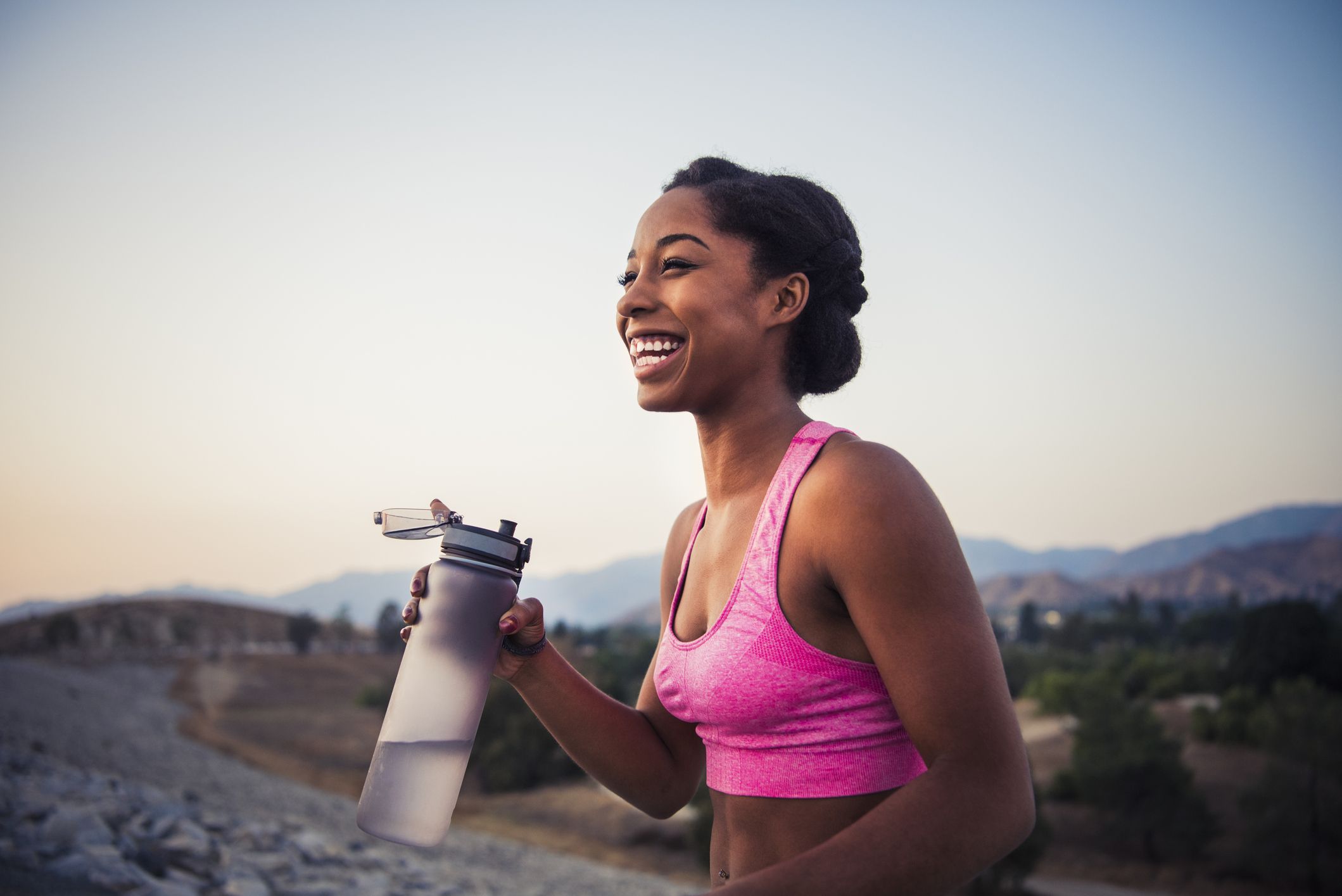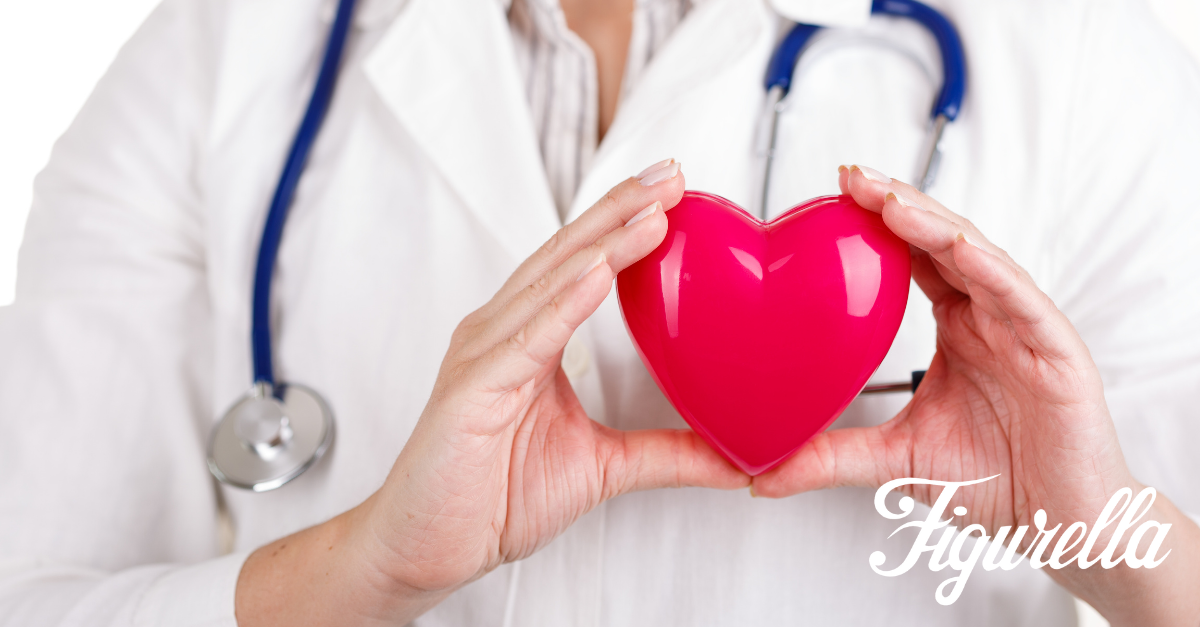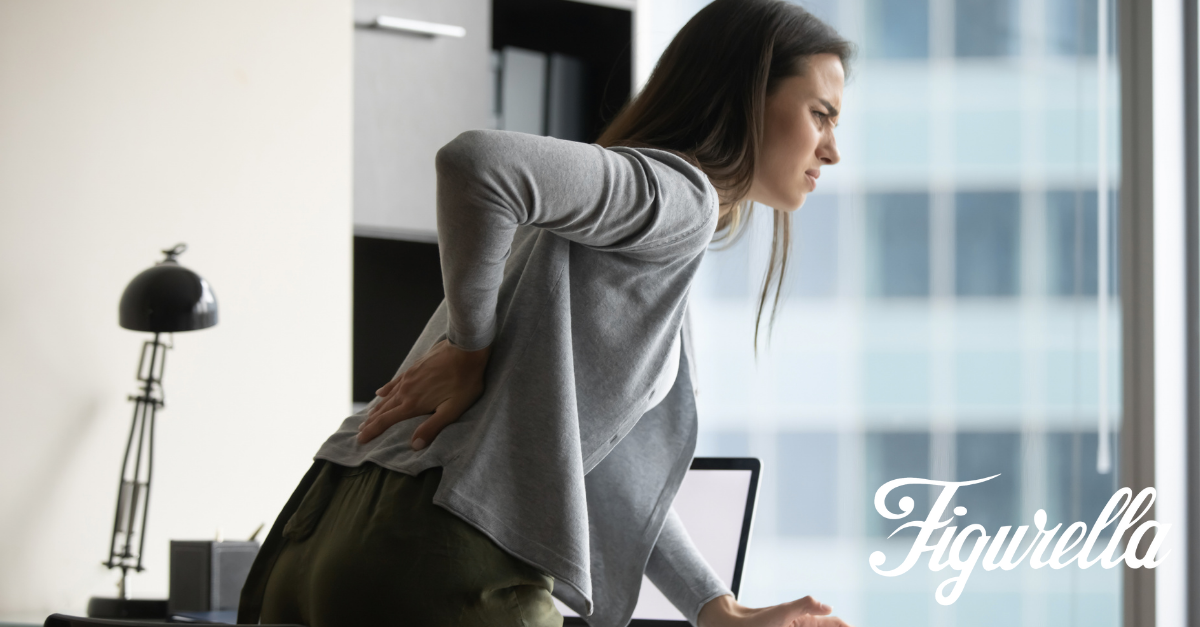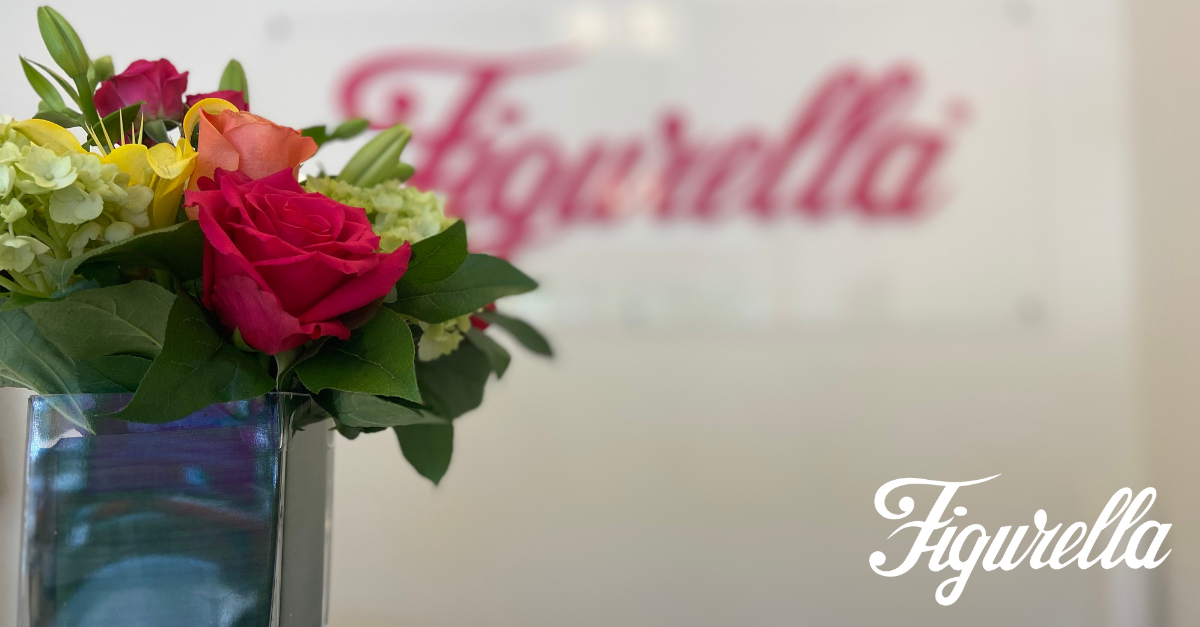During physical activity and even on a daily basis our bodies experiences very different reactions to heat, emotions and changes of temperature. It is not “normal” to sweat and it is not “normal” not to sweat. There is no “correct” reaction, our bodies are simply different.
Have you ever wondered, why do I sweat so much? Why do I not sweat?
Well, it is a very interesting question and it is definitely something that you want to be aware of and take some further action.
Mainly, sweating helps cool down the body. Water is released through glands in the skin, evaporates off the skin and the body is cooled. Especially during exercise our body requires to sweat more because muscles heat up.
Losing a lot of body fluid through sweat, requires for us to stay hydrated but this does not mean sweating is a bad thing.
Why do we sweat?
Perspiration (or sweating) is how our body regulates its temperature. Water is released through glands in the skin, evaporates off the skin and the body is cooled. Without it, our body could not release excess heat and we would die.
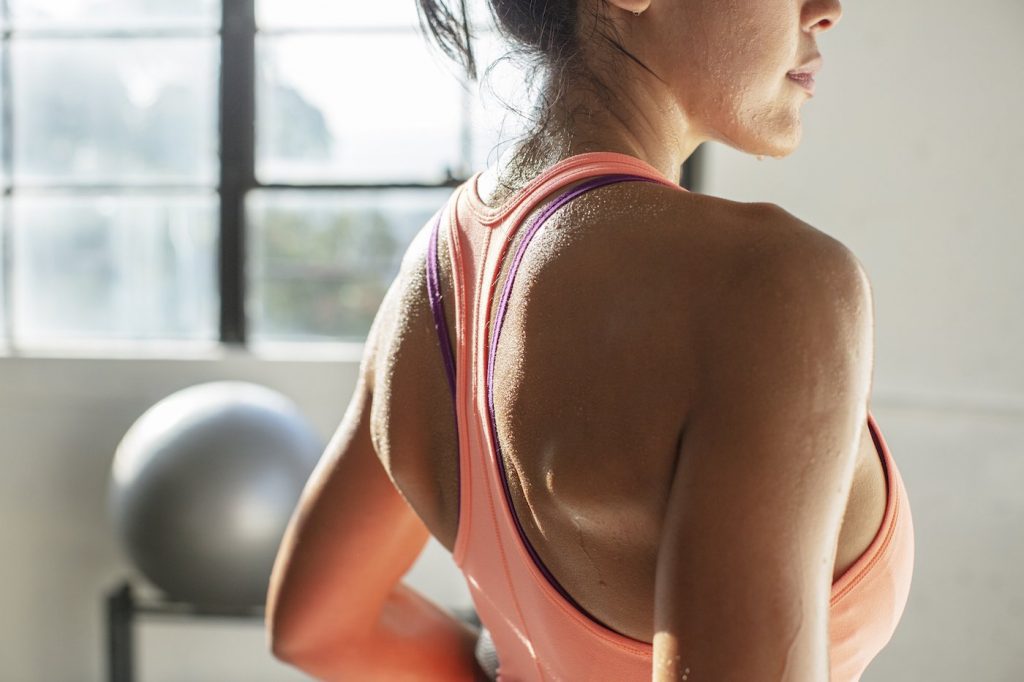
What is in sweat?
- Mostly water
- Small amounts of sodium, potassium, calcium and magnesium
- Small amounts of pheromones
- Bacteria, which grow in the released sweat and make it stink.
- Small amounts of released toxins
Is sweat a good thing?
From a physiological perspective, sweating is a good thing. But some of the activities that cause sweating is associated with other problems, such as heat exhaustion, anxiety and illness. Therefore it is not the sweating, but the activity behind it, that can make sweating not healthy.
Sweating during exercise means you are reaching a level of exercise that promotes cardiovascular health. At the same time variation in the timing and amount of sweat across individuals makes it complicated to measure this parameter. Reaching some sort of sweat level is enough.
How to counteract fluid loss when sweating:
- Drink water throughout the day – not just when you think you need it.
- Avoid caffeinated and alcoholic drinks, which can amplify the effects of dehydration.
- Choose water over sugary drinks, and be careful not to drink too much fruit juice. Instead, add flavor to water with flowers and fruit infusions that use less sugar
- During intense exercise and heavy sweating, replace lost electrolytes with drinks or foods that contain them. For example chicken, fish, milk, yogurt, greens, sweet potatoes, avocados, mangoes, pomegranates and bananas each have over 300 mg of potassium per serving.
I never sweat. Why?
It is extremely important to engage in several activities to understand if it’s only a matter of the body
taking longer to sweat or if you actually do not sweat at all.
Some people aren’t able to sweat typically because their sweat glands are no longer functioning
properly. This condition is known as hypohidrosis, or anhidrosis. It can affect your entire body, a single
area, or scattered areas. Symptoms are:
• minimal sweating even when other people are sweating heavily
• dizziness
• muscle cramps or weakness
• a flushed appearance
• feeling overly hot
When you do not sweat it is easy to overheat therefore it is extremely important to catch the signs of
overheating early on to avoid health concerns. These signs typical consist of:
• Fevers
• A flushed face
• Red ears
• Lethargic movements
• Labored breathing
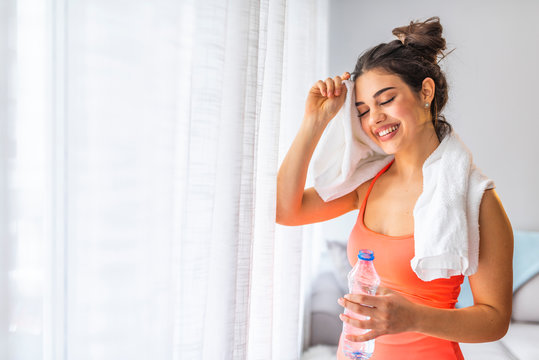
Figurella: temperature controlled workout
In essence, do not be alarmed by not sweating as much as someone else. Make sure to thoroughly
examine your sweating history in different occasions and truly understand if your body just takes a little
longer to sweat or if there might be something more in depth to it.
At Figurella you perform your physical activity in a temperature controlled environment. This helps bring
your body to an ideal temperature for your enzymatic reactions to be maximized. Also, the Bubble
keeps your body to the right temperature for a great fat burning session.
Come check us out!
